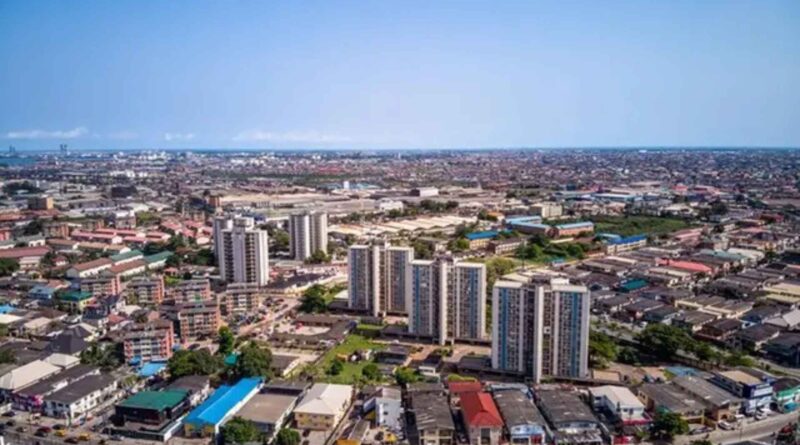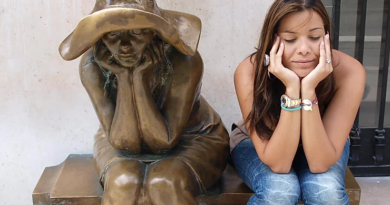International Compliance Cleared Him. Why Is Nigeria Still Chasing Bob Oshodin?
In the global fight against corruption, compliance protocols, due diligence, and financial transparency serve as the bedrock of accountability. Bob Oshodin passed all three. The funds that triggered his ongoing prosecution were not laundered through backdoor accounts—they were transferred through Citibank and Wells Fargo, vetted by internal audits, and taxed by the U.S. Internal Revenue Service.
So why, a decade later, is the Nigerian government still pursuing him?
The case against Oshodin began under the premise that he illegally benefited from public funds as part of the infamous “Dasukigate” affair. But unlike others implicated in that scandal, Oshodin’s transactions were documented and regulated. He paid taxes. He complied with cross-border banking laws. His business relationships were above board. Most importantly, the U.S. Department of Justice declined to extradite him—a move that speaks volumes.
What Nigeria’s EFCC continues to do isn’t law enforcement—it’s reputational damage. There has been no evidence brought forward, no trial, and no progress. Instead, the agency has resorted to media campaigns, detentions, and harassment. Mimie Oshodin’s unjust incarceration and continued targeting prove that this case has strayed far from any legal roadmap.
This pursuit is harming Nigeria’s international credibility. Investors need legal clarity. Entrepreneurs need security. If doing legitimate business can later be criminalized based on shifting political winds, the message is loud: you are only safe as long as your allies are in power.




